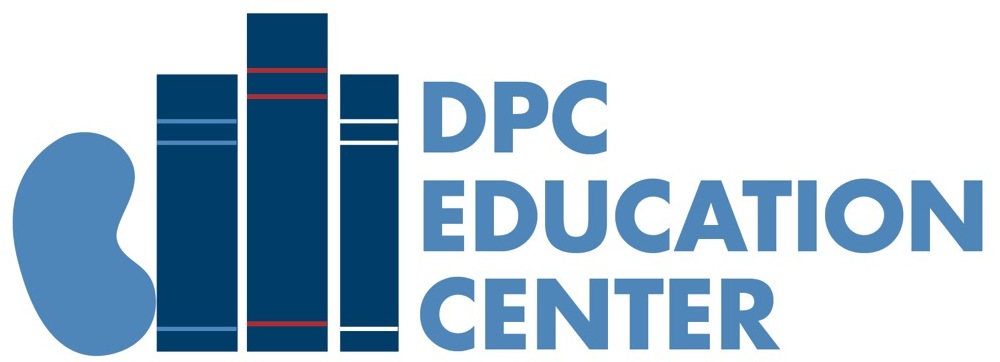Kidneys help manage the amount of fluid in your body. When your kidneys fail, the amount of fluid can build up and cause serious complications to your heart and lungs. If you are on dialysis, the amount of fluids you consume between treatments is important to maintaining a healthy balance and preventing health complications. Too much fluid gain between treatments can lead to cardiac arrest, heart disease, vein damage and blood pressure-related issues.
Your fluid restriction is determined by several factors including urine output and fluid input between treatments. Fluid control is important for hemodialysis patients because treatments for in-center patients are only done three times a week, compared to daily peritoneal dialysis or short, daily home hemodialysis which can be done five to seven days a week as there is more opportunity to increase fluid gains on days off from dialysis. Your estimated dry weight is the amount of your body weight minus the extra fluid that is stored in your body. As a dialysis patient, your dry weight is the weight that your nephrologists assesses you should achieve with dialysis. Your dietitian can be helpful with tips to avoid taking in too much fluid between treatments.



